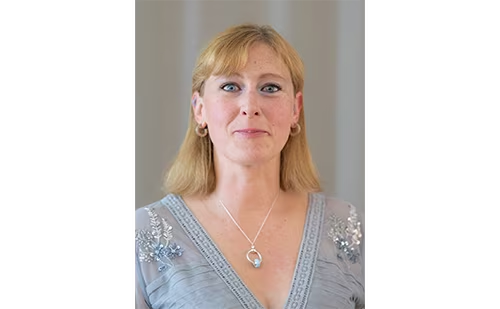
“Gynaecological cancers account for nearly 40% of all cancer incidence and for more than 30% of all cancer mortality in women worldwide.”
Dr Domenica Lorusso (Scientific Coordinator, ESMO Gynaecological Cancers Congress)
Five primary cancers sit under the ‘gynaecologic oncology’ umbrella, affecting different areas of the female reproductive system. These include:
- Vulvar cancer
- Uterine cancer
- Vaginal cancer
- Ovarian cancer
- Cervical cancer
Though uncommon relative to cancers like breast and colon cancer, the gynaecological cancer risks posed to women increase with age. Unfortunately, knowledge and understanding of these cancers does not always seem to grow at the same pace as the risks – potentially preventing women from detecting the early signs and seeking treatment.
That’s why World Gynaecologic Oncology Day on 20 September 2022 exists.
Started by ENGAGe and ESGO in 2019, World GO Day aims to alert the public, policy-makers and stakeholders about the symptoms, break down cultural stigmas surrounding female reproductive health, encourage women to act, and educate on available treatments.
Like most cancers, gynaecological cancers are most effectively treated in the early stages. Many present as pre-cancers, making for easier treatment regimens. Some very early-stage cancers can even be cured with only surgery.
This can only be achieved by recognising the symptoms of gynaecological cancer. Common signs include:
- Feeling bloated or full up too quickly, having trouble eating and having abdominal/back pains (ovarian cancer)
- Abnormal vaginal bleeding or discharge (all gyne cancers, except vulvar cancer)
- Pain or pressure in the pelvis pain or pressure (ovarian/uterine cancers)
- Tenderness, pain, burning or itching of the vulva, and changes in vulva colour or skin, like a rash, sores, or warts (vulvar cancer)
- Urinating more frequently (or more urgently) and/or feeling constipated (ovarian and vaginal cancers)
Where surgery alone isn’t adequate, medical science must work hard to improve treatment options. To explore some of the recent advances in gynaecological oncology:
- WATCH: Domenica Lorusso on using trabectedin for the treatment of recurrent ovarian, primary peritoneal, or fallopian tube cancers – Phase 3 MITO23 trial results
- WATCH: Ruth Perets on using vibostolimab/pembrolizumab coformulation for the treatment of ovarian cancer naive to PD-1/PD-L1 inhibitors
- READ: Is using pembrolizumab and chemotherapy in cervical cancer a new standard of care?
It’s important to recognize that there’s still much work to do. Dr Domenica Lorusso, insists:
“In recent years, great improvements have been made in terms of prevention and treatment, but great effort and commitment are still necessary to cure our patients. We definitely need to switch on the lights on these female tumours, which impact physical and psychological aspects of our patients’ lives.”
touchONCOLOGY supports World Gynaecologic Oncology Day and its global effort to educate more people on the symptoms and treatments available for all gynaecological cancers. Visit our library of video interviews, conference highlights, journal articles, and clinical trial updates for updates on the latest gynaecologic oncology science.
Alternatively, you can get in touch to learn how you can benefit from our educational activities and regularly updated content.



